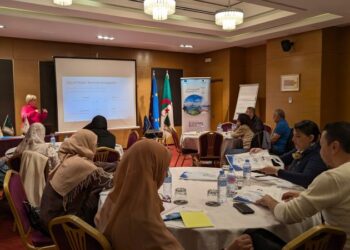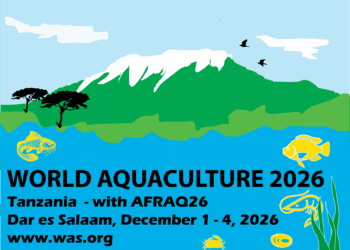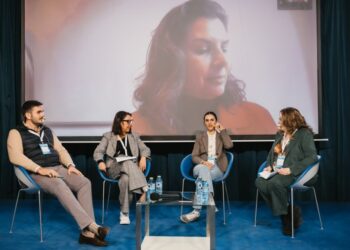Eating more wild fish reduces environmental impact – Growing awareness of the environmental impact of aquaculture is prompting experts to recommend more direct consumption of wild fish such as mackerel, anchovies and herring, which are commonly used in feed for farmed salmon. A recent study by researchers at the University of Cambridge highlighted how the current production model of farmed salmon leads to a significant loss of essential nutrients, suggesting that integrating more wild fish into our diet could not only enrich it with nutrients, but also reduce pressure on limited marine resources.
The research team, led by David Willer of the University of Cambridge ‘s Department of Zoology, found that wild fish used as feed had similar or higher levels of micronutrients than farmed salmon fillets. For example, it was found that calcium levels in wild fish are over five times higher than in salmon, and substances such as iodine, iron, omega-3, vitamin B12 and vitamin A are significantly higher.
These findings highlight a potential inefficiency in aquaculture, where important nutrients are lost when wild fish are processed into feed rather than being consumed directly by humans. The scientists therefore propose a paradigm shift, where more value is placed on wild fish not only for their biodiversity, but also for their high nutritional value.
Improving feed for aquaculture
In addition, the researchers noted how the salmon industry could improve nutrient retention through a more strategic use of ingredients in feed, such as fishery by-products and industrial grade fish from sustainable sources. The proposal includes the need for a standardised system that integrates nutrient retention metrics into industry practices, an approach that could make the industry more efficient and less impactful on marine ecosystems.
Expanding the consumption of wild fish varieties would not only benefit our health, but also contribute to the sustainability of the oceans by reducing the reliance on a limited number of species to feed farmed salmon. This research, funded by government and private entities, is a step forward in understanding how our food choices can directly impact the health of the global marine ecosystem.
Eating more wild fish reduces environmental impact








